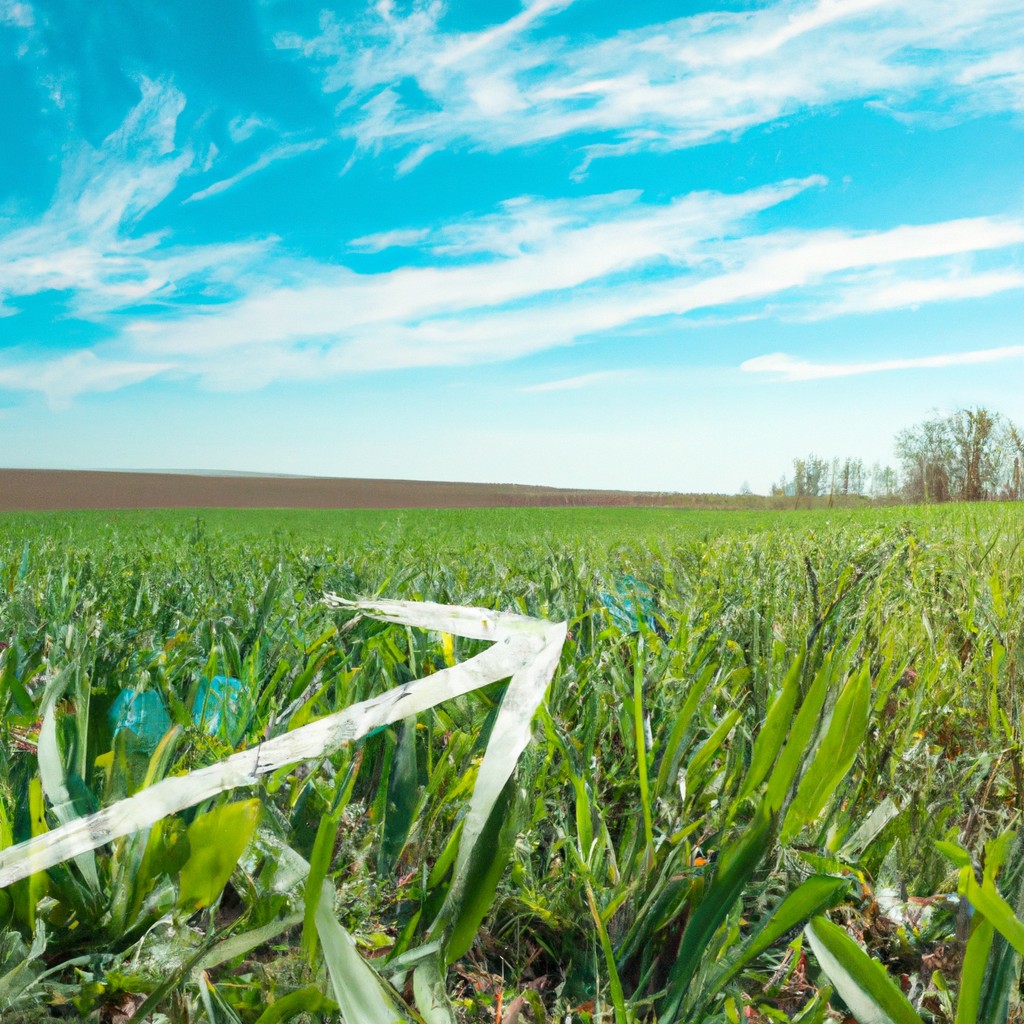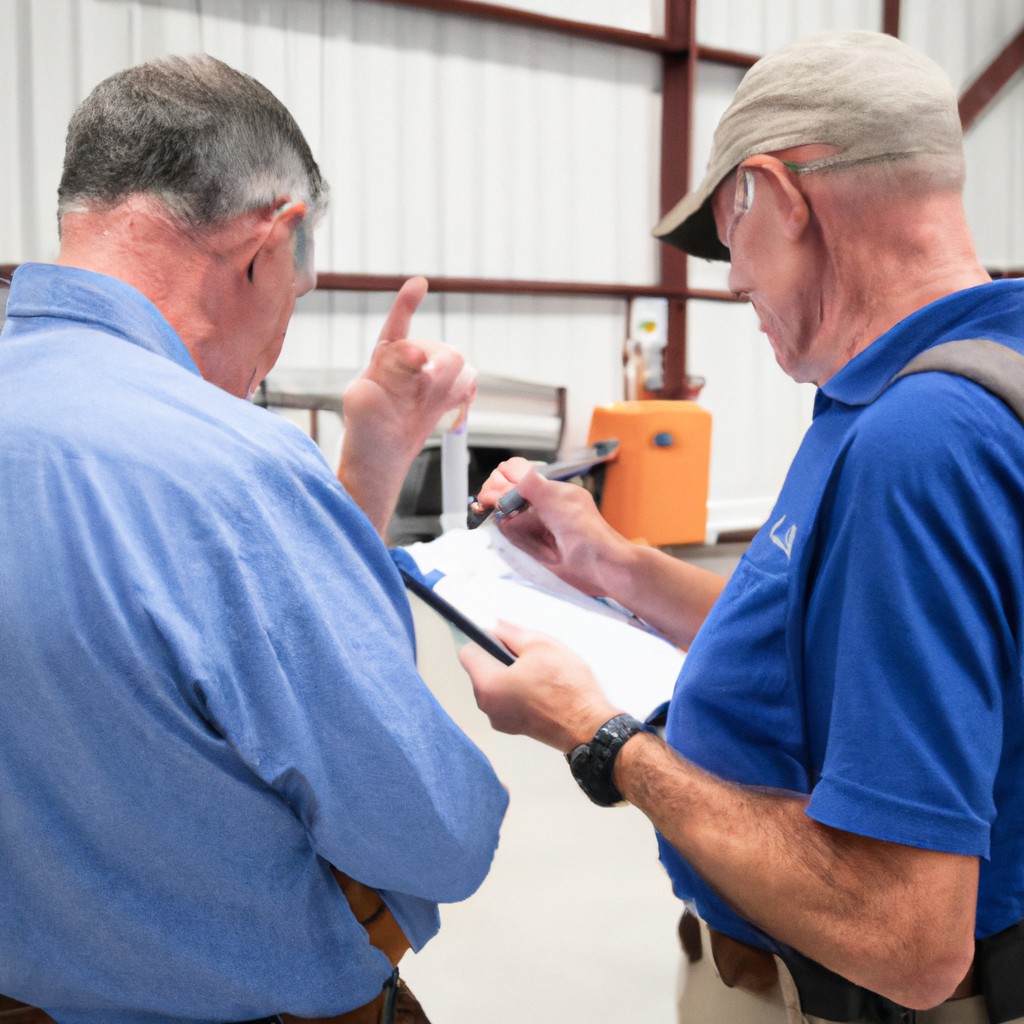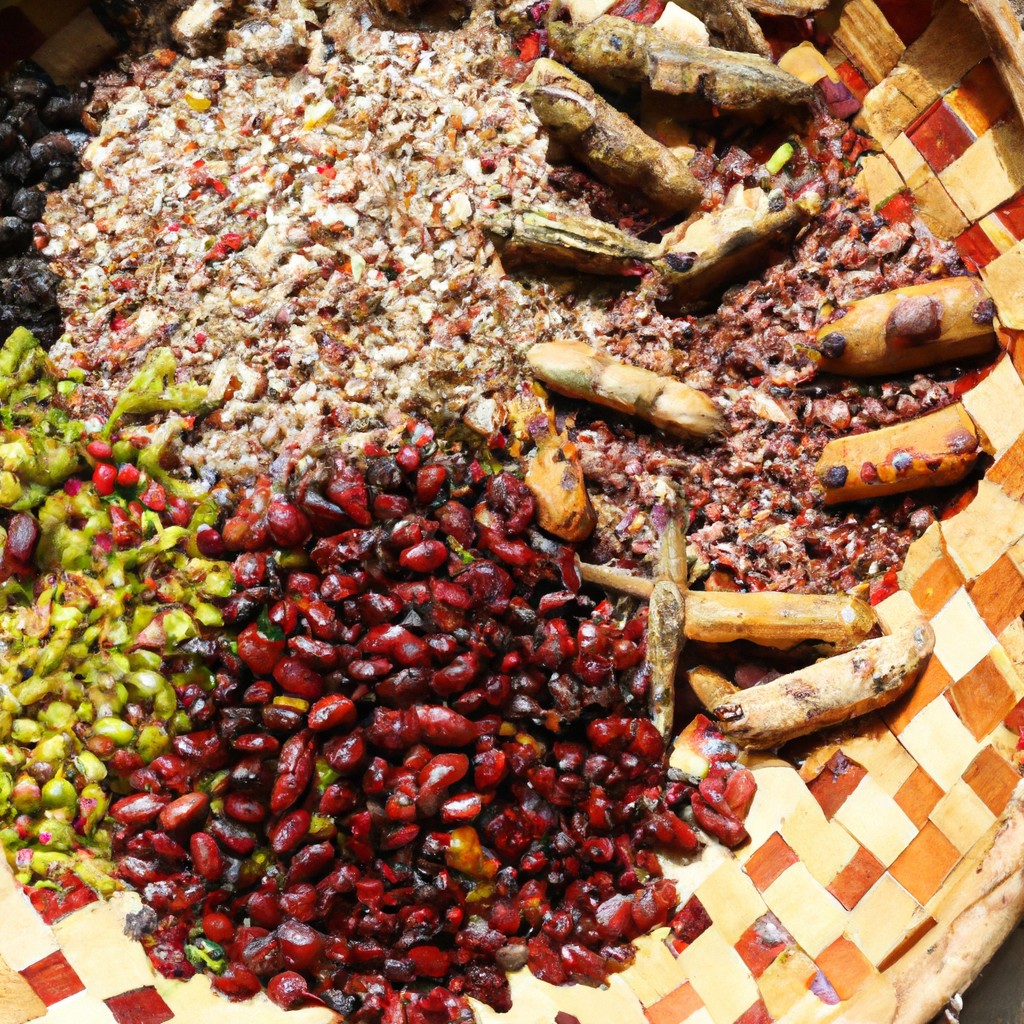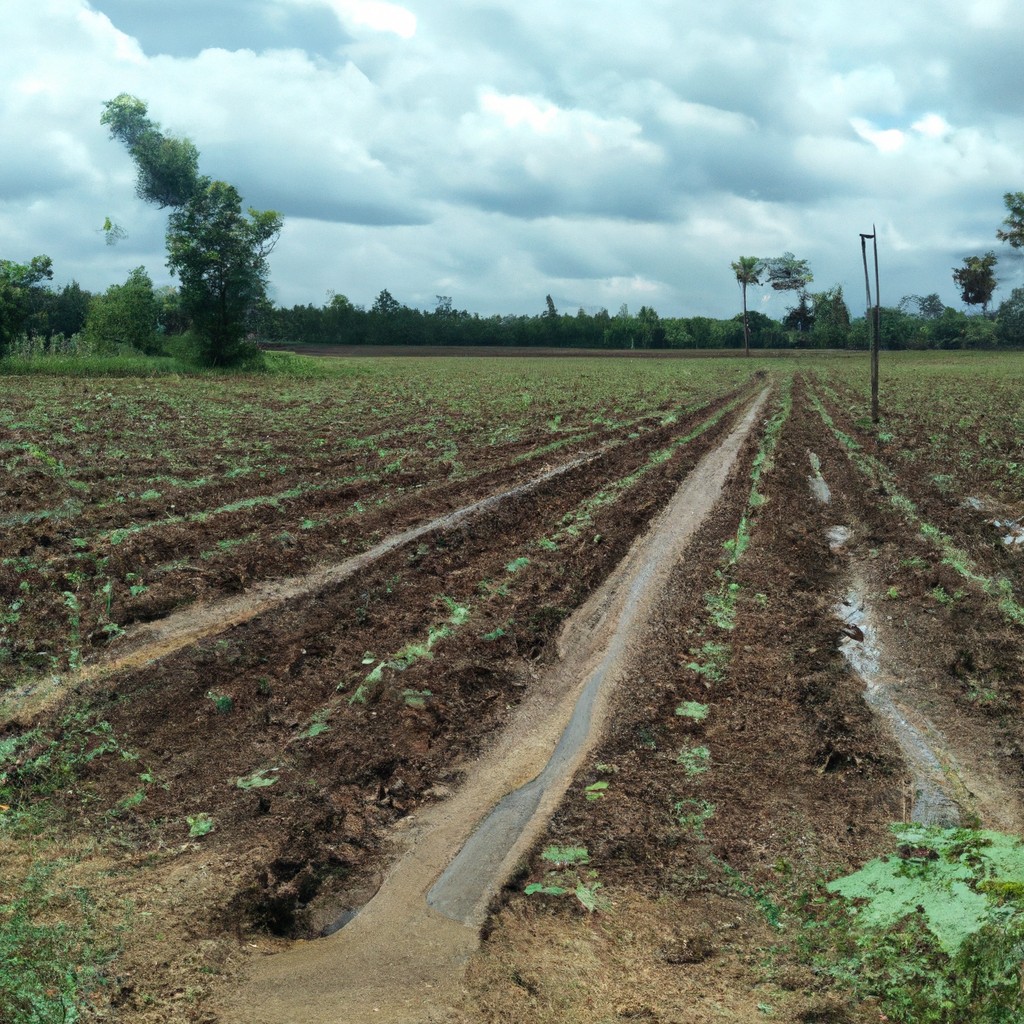This article provides an overview of various job roles within the field of sustainable and regenerative agriculture, illustrating the diverse career opportunities that contribute to a healthier planet.
Look Inside:
Farm Assistant
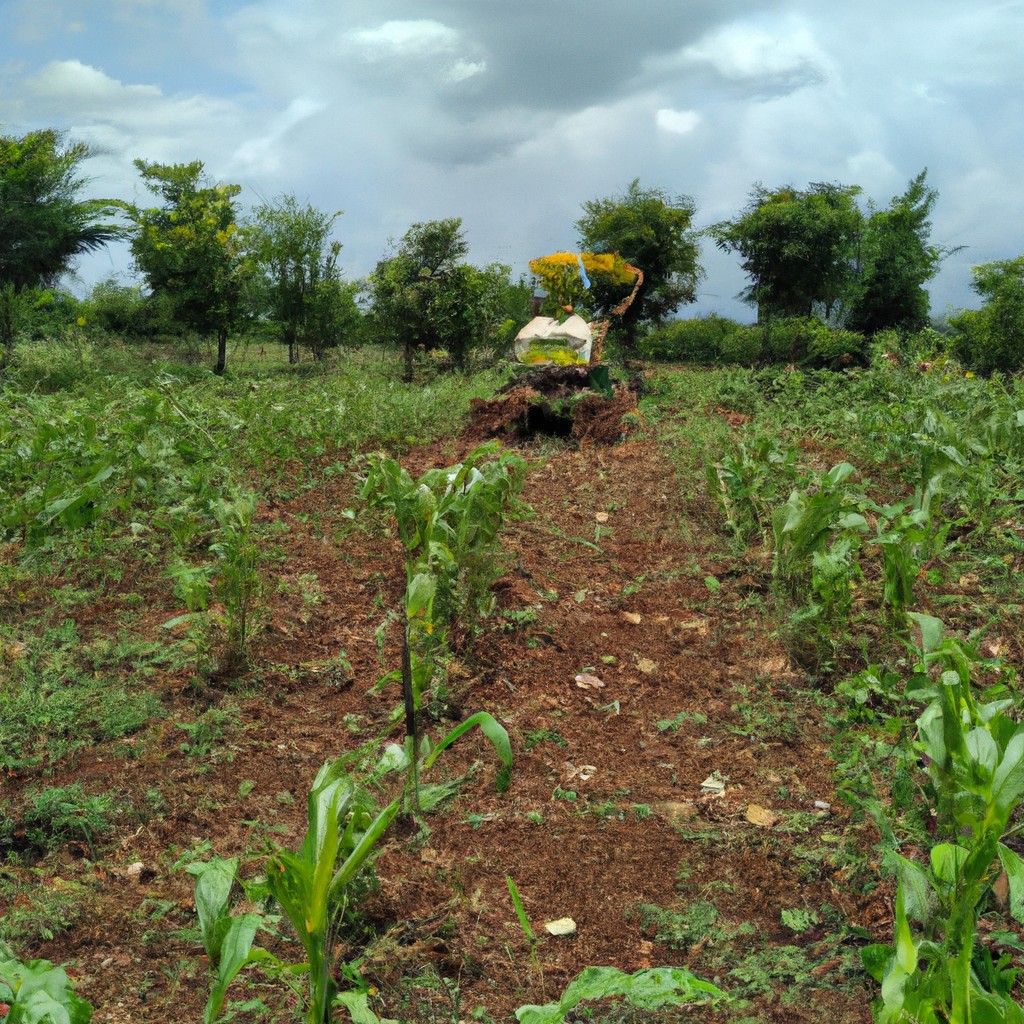
Farm assistants play a crucial role in the day-to-day operations of a farm. They are engaged in a variety of tasks that may include planting, maintaining, and harvesting crops. This position is typically hands-on and seasonal, with responsibilities fluctuating depending on the time of year and the type of farm.
Those interested in this role should expect to:
- Assist with crop management, which involves weeding, pruning, and irrigating plants.
- Handle farm animals, including feeding, watering, and monitoring their health, if the farm has livestock.
- Operate and maintain farm machinery and equipment, requiring a degree of technical skill.
- Support the harvesting process, including picking, sorting, packing, and preparation for distribution.
- Help in maintaining the cleanliness and orderliness of the farm environment.
This position is ideal for individuals looking to gain practical experience in agriculture. It provides an opportunity to learn from a more experienced farmer and understand the nuances of crop or livestock care, which is integral in promoting sustainable agriculture practices.
Greenhouse Associate
In the realm of agriculture jobs, the role of a Greenhouse Associate is pivotal for ensuring the successful growth and maintenance of plants in a controlled environment. Responsibilities typically include monitoring climate conditions, such as temperature and humidity, which are crucial for optimal plant health. This position involves the meticulous care of a wide variety of plants, demanding knowledge of different species’ needs and growth cycles.
Additionally, associates play a key role in planting, transplanting, watering, and pruning, tasks essential for healthy plant development. They must also manage pest and disease control, an area that demands attention to detail and proactive intervention to prevent outbreaks that can jeopardize plant health and productivity.
Greenhouse Associates often engage with technology, utilizing automated systems to deliver nutrients and water. Thus, a degree of technical proficiency is essential to operate and troubleshoot these systems effectively. Their contribution is not merely operational but extends to record-keeping, ensuring accurate tracking of plant growth and greenhouse inventory.
Working directly with greenhouse machinery, tools, and sometimes hazardous chemicals, safety protocols are paramount, requiring a strict adherence to guidelines to ensure personal and plant safety. This role is a blend of hands-on agricultural practices and the application of scientific principles, paving the way for both efficient and sustainable plant production.
Plant Manager
As a pivotal role within agricultural operations, the Plant Manager oversees all aspects of plant production, from seed selection to harvesting techniques. They ensure productivity targets and quality standards are met while fostering sustainable practices.
Responsibility lies with them to innovate and implement improvements in planting, cultivation, and harvesting methods to increase yield and efficiency. This often involves staying abreast of technological advancements in farm equipment and integrating these tools effectively into the production process.
Effective plant managers also focus on workforce management, providing training, and promoting a safe work environment. They collaborate closely with agricultural scientists to adopt best practices for soil health and pest management, thereby contributing to long-term sustainability in farming ecosystems.
Communication skills are paramount as they must articulate goals clearly and provide guidance to teams. Financial acumen is required too, as they prepare and adhere to budgets, analyzing data to inform strategic decisions that impact the farm’s profitability.
Dedication to environmental stewardship ensures that the principles of regenerative farming are applied, seeking not only to minimize harm but also to actively improve and regenerate the land.
Vice President of Animal Care
The Vice President of Animal Care plays a strategic role in overseeing all aspects of animal health, welfare, and productivity within an agricultural setting. This leadership position is critical in ensuring ethical treatment, regulatory compliance, and the adoption of best practices in animal husbandry.
- Key Responsibilities:
- Develop and implement comprehensive animal care programs, aligning with the latest industry standards and scientific advancements.
- Collaborate with veterinary teams to monitor animal health and institute proactive healthcare measures.
- Oversee staff training programs to promote high standards of animal welfare across the workforce.
- Establish policies and procedures that prioritize biosecurity and disease prevention.
- Analyze livestock productivity data to optimize breeding, nutrition, and overall management strategies.
This position demands a unique combination of management skills, a deep understanding of animal science, and a commitment to sustainable farming practices. Successful execution directly influences the quality of products, the sustainability of farming operations, and the reputation of the company in the market.
Agricultural Specialist III
An Agricultural Specialist III typically occupies a mid-level to senior position within the field, requiring substantial knowledge and experience. Responsibilities may include overseeing research projects, implementing sustainable farming practices, and adapting to technologies that boost crop productivity while minimizing environmental impacts.
Key skills for this role span critical thinking, problem-solving, and communication — essential for effectively managing teams and conveying complex information to diverse audiences. Knowledge in agricultural policy, economics, and biosecurity is crucial, as is adhering to regulatory standards.
Advancing to this position often requires a bachelor’s degree in agriculture or a related field, supplemented by years of industry experience. Continuous professional development is important to stay abreast of innovations in agricultural science and technology.
